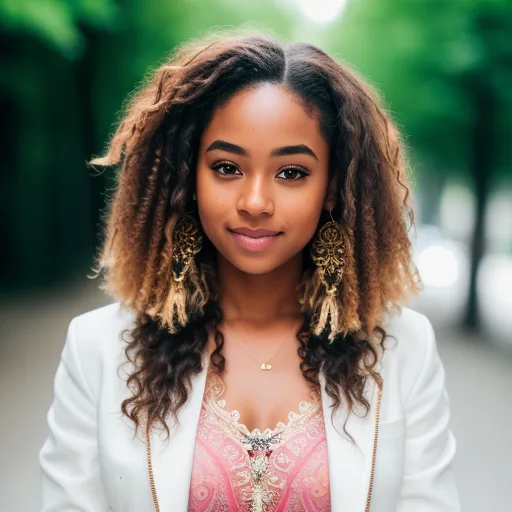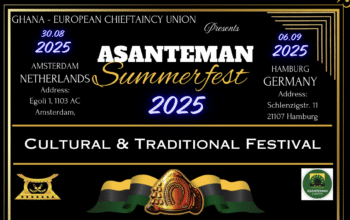In a world increasingly shaped by technology, the emergence of AI beauty pageants has stirred a complex dialogue around beauty, identity, and societal standards. These competitions, powered by advanced algorithms and machine learning, evaluate participants not just on traditional metrics of beauty, but also on personality traits, intelligence, and social impact. As avatars grace the virtual stage, adorned with meticulously crafted features, they challenge the very definition of what it means to be beautiful in the digital age. While these AI-generated contestants are undeniably stunning, their existence raises critical questions about authenticity and the standards they perpetuate.

As audiences become captivated by these hyper-realistic creations, the notion of the ‘perfect’ woman is redefined. AI pageants utilize vast datasets of historical beauty standards and contemporary preferences, producing models that embody a curated blend of traits celebrated across cultures. However, this pursuit of perfection is fraught with contradictions. The algorithms often reflect existing biases, reinforcing narrow ideals of beauty while sidelining the diverse realities of women’s experiences. Viewers are left grappling with the implications: can a digital representation truly capture the essence of individuality, or does it merely serve to deepen the chasm between idealization and reality?
In this brave new world, the conversation surrounding AI beauty pageants compels us to reconsider our values and the future of representation. While these competitions may offer a glimpse into an evolving understanding of beauty, they simultaneously highlight the pitfalls of an unattainable standard. As society navigates this complex landscape, the challenge lies in embracing a broader spectrum of beauty—one that celebrates authenticity over perfection. Ultimately, the rise of the AI beauty pageant serves as a mirror reflecting our desires and fears, urging us to redefine what it means to be truly beautiful in an era dominated by technology.










